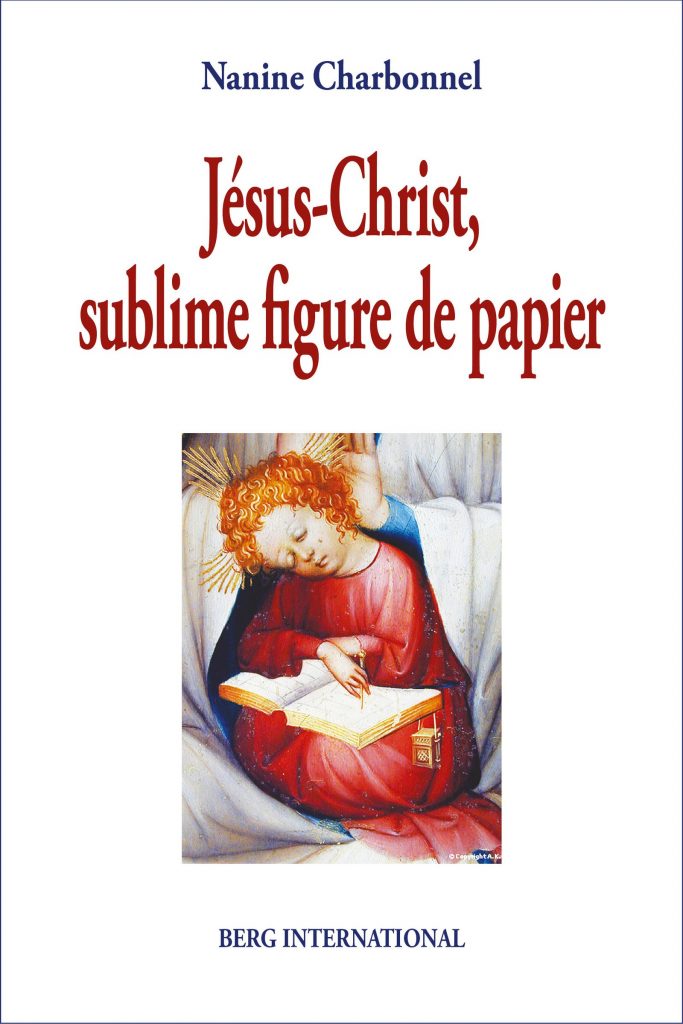All posts in this series are archived here.
–o–
 God is identical to the Word, the Voice, the Breath
God is identical to the Word, the Voice, the Breath
The Hebrew God is a God who speaks. He created the world in “ten words”; the first time he addressed Adam and Eve was with a blessing; he gave the law to Moses in “ten words”. Everything he does is through speaking. By his voice, he raises up Abraham (telling him to leave), Moses (calling him from the burning bush), and his people Israel (calling on them to hear him). It is breath that makes speech and God’s breath, his spirit (ruach) possesses the prophets and judges, Gideon, Samson, Saul, David, Ezekiel. . . The spirit acts, comes, goes, at God’s whim. The spirit/breath/ (ruach) belongs to both man and God and give life (Psalm 104:29-30). God sends out his word and it falls upon mankind (Isa. 9:8). God breathes into the man to give him life. Ruach (the breath) and Dabar (the word) are intimately connected. It is the ruach that makes the dabar possible in speech. Speaking is the act of the breath. The text is written without vowels but it cannot be spoken without vowels, without the breath, the spirit. God gives meaning and life to the word in the scriptures. One could say that God is inseparable from the texts. It is his voice, breath, found in his human servants, that give them life, that reveals God himself and his ruach. Language is essentially a divinely sourced act.
Further, there is no punctuation in the Hebrew text. Pauses must be made at the correct place to give the correct meaning, or to change the meaning. The breath that utters the vowels and sounds of the words is essentially divine.
Divinity as Voice, a Twofold Unity
The power of God’s creative word functions in a series of doublets:
— God has two names, Elohim and his secret name, YYWH.
— God needs messengers: Moses, but also the Messenger who went before Israel as a cloud or fiery pillar. God’s name was in him, and his people were commanded to listen to him, to his voice; God would not pardon them if they refused, but would strike their enemies if they did hear and obey.
— Moses was also a dual act: Moses was given the word of God but he relayed it to his brother Aaron to announce it to the audience.
— the High Priest and the Prophet had complementary functions: the priests governed the Temple but the prophets reported the word of God; the two functions did not overlap.
— the prophet became the source of legitimacy as when he anointed a king, but he lacked the power of the king himself.
— the prophet made the word of God that called him comprehensible to all but that prophet had to hear “the corporeal voice of Yahwe, the invisible God” (Weber, 293, quoted by Charbonnel), to be assured he was God’s instrument.
